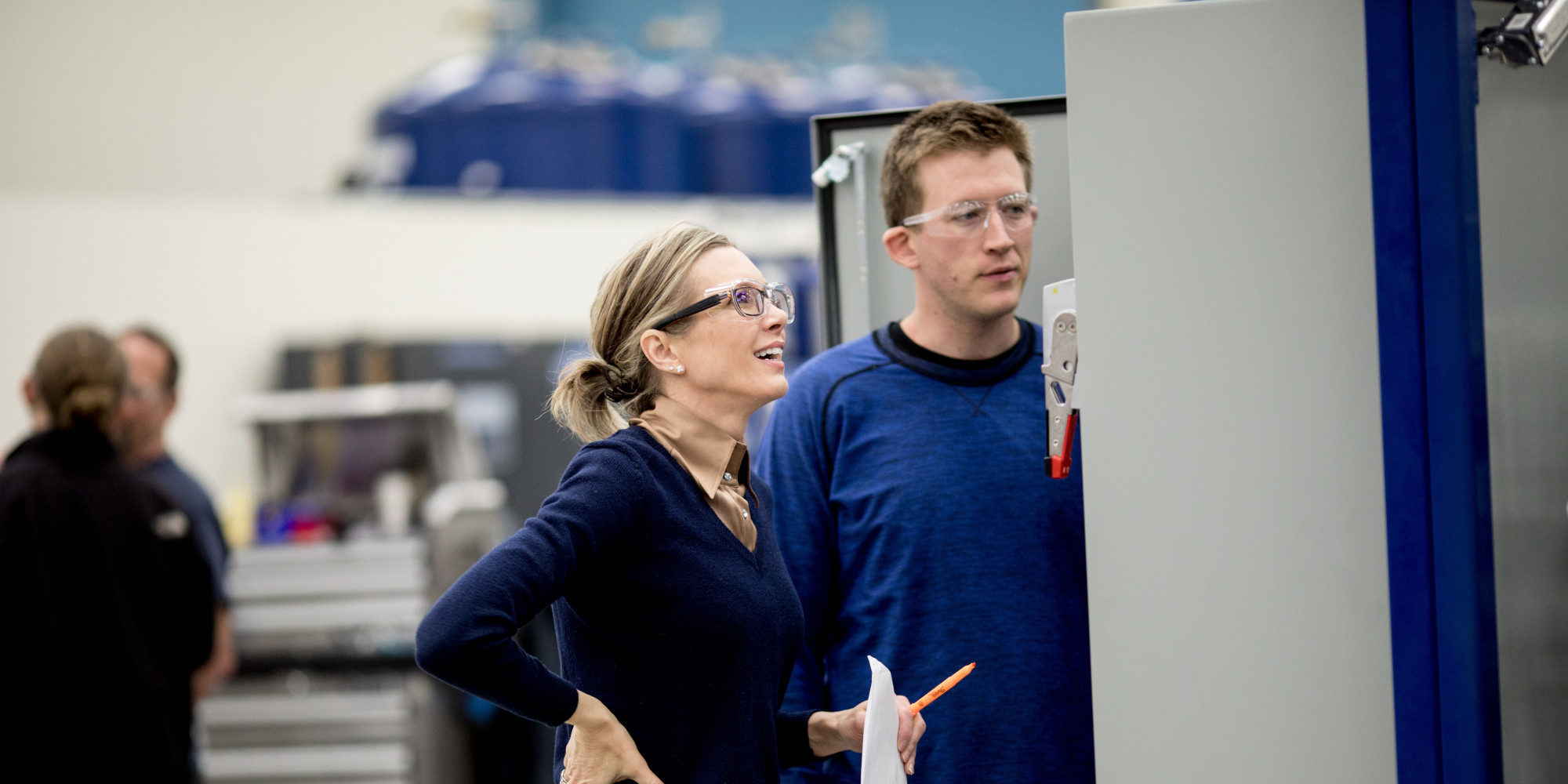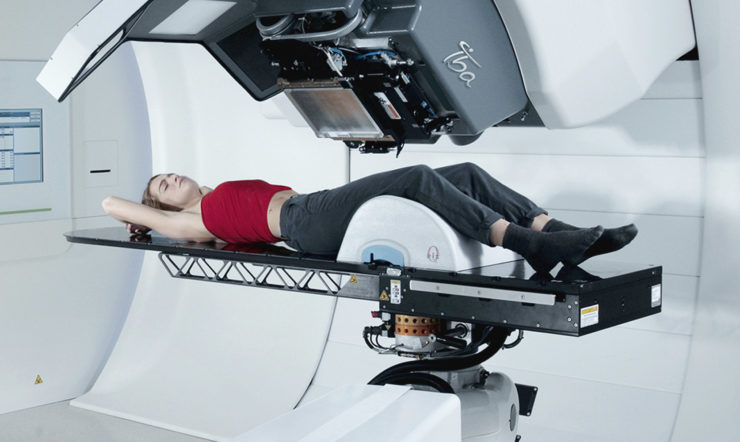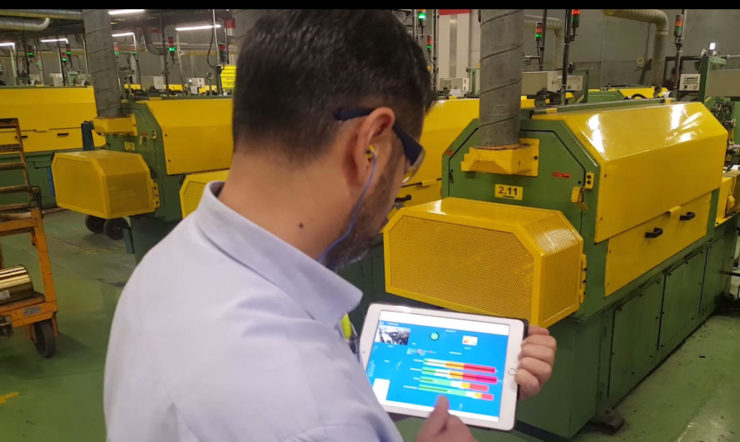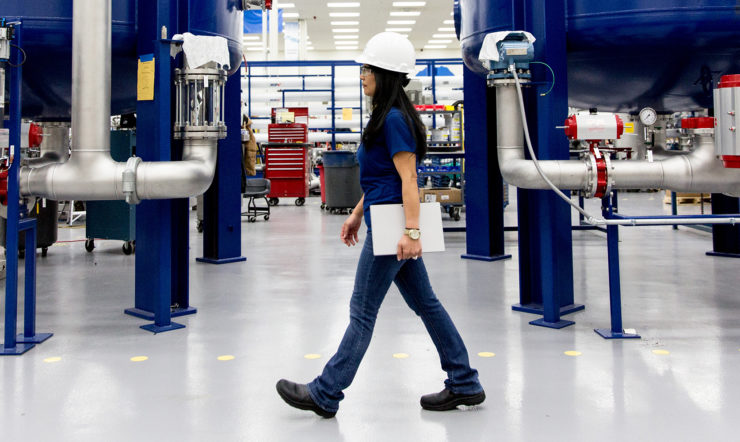The pace of change in manufacturing is relentless. An unstoppable wave of technological innovation is sweeping across the industry, redefining the processes and structures it leaves in its wake. No sooner are new milestones glimpsed, than they’re reached and surpassed. It is an industry outliving itself.
Riding this wave – rather than being overcome by it – means understanding the trends that are changing the industry so dramatically. That’s exactly why our team of manufacturing thought leaders have written this series of articles, giving their expert opinions on the trends in digital technology that are defining the future of the industry.
Here are five key insights from our experts.
1. Digitisation will transform your business
Technologies like IoT, AI and digital printing are creating opportunities for manufacturers to innovate and optimise their operations like never before.
Here, our manufacturing lead, Max Tchapeyou, looks at how digitalisation is creating room for new business models, operational capabilities and value pools, while empowering and transforming the workforce.
2. Think big, start small, go fast
For many organisations, digital transformation is still a confusing mix of pilots and experiments, which very often fails to yield the high returns promised by digital transformation experts. But there is a solution to this problem.
In this article, Valerio Frediani advocates for a “think big, start small, go fast” approach that will help manufacturers take the leap into the future.
3. Stay competitive with Connected Field Services
As advances in technology usher in an extraordinary new period for manufacturing, field service organisations in particular have a phenomenal opportunity to turn cost centres into profit centres.
Here, Christoph Pawlowski looks at how a truly Connected Field Service can help manufacturers transform their companies and outperform their peers.
4. Change the way you think about supply chain
The linear model is out. In modern manufacturing, the supply chain is a multidimensional grid of interconnected nodes, where each and every node is a process, a stakeholder, or an asset.
In this article, Carlo Moretti talks through the process of establishing an intelligent supply chain – and why it’s so important to do so.
5. Make the most of what you have
One of the most prevalent myths about digital transformation is that it requires a total revamp of your existing processes and systems. But in manufacturing – and especially in supply chain – the day-to-day job still needs to be done.
Here, Patrick Van Loon argues the case for making the most of what you already have – and then innovating with new technologies on top.

























